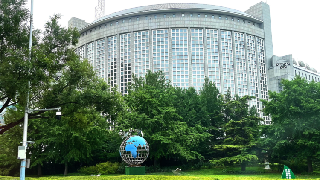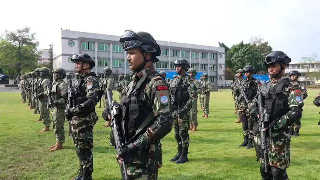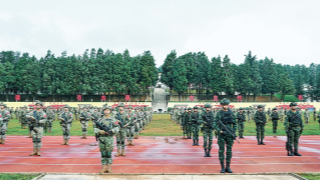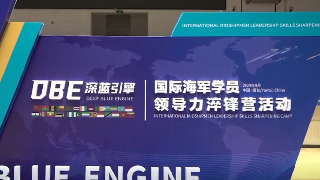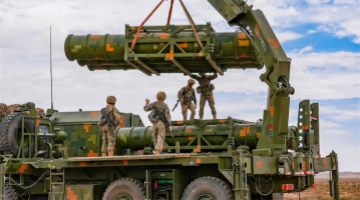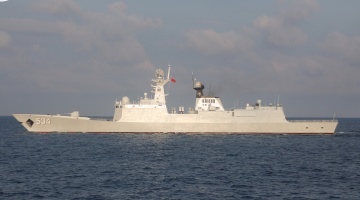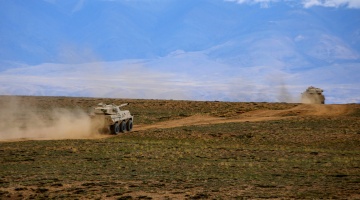
Voting on the third plenary meeting of the 13th Shanxi Provincial Committee of the Chinese People's Political Consultative Conference, January 15, 2023. /Shanxi Satellite Television
Chen Chen has been a neurologist for nearly two decades in Taiyuan, the capital of China's northern Shanxi Province. He's been posting videos sharing his medical and health knowledge on social media since 2020, gaining millions of followers.
In January, he was selected as a new member of the 13th Shanxi Provincial Committee of the Chinese People's Political Consultative Conference (CPPCC) and started attending meetings.
"During the sessions, we shared our opinions on work reports by the provincial government and CPPCC," said Chen, now working as chief physician in the Neurology Department of Shanxi Hospital of Cardiac and Cerebrovascular Diseases.
"We also raised proposals which were discussed in the meetings. Then we took part in voting to elect new leaders of the Shanxi CPPCC."
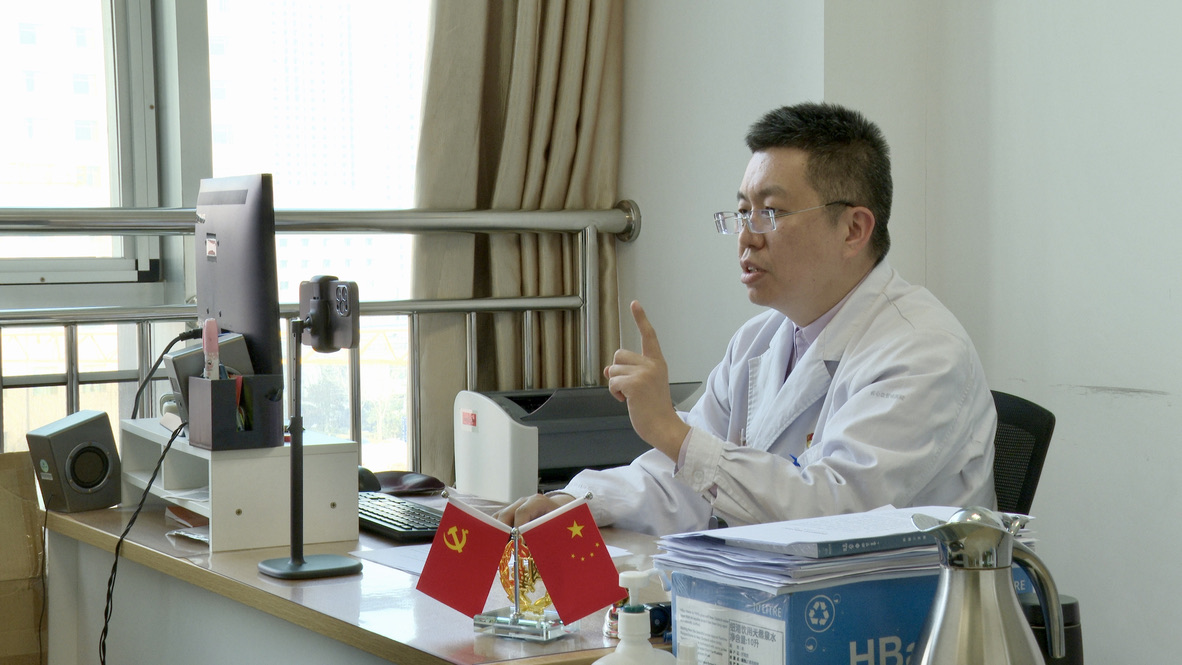
Doctor Chen Chen films a short video in his office in Shanxi Hospital of Cardiac and Cerebrovascular Diseases, February 17, 2023. / CGTN
In his proposal, Chen calls for more doctors to use social media to help increase the public's awareness of medical and health issues.
He is among more than 500 new members, from a range of backgrounds, that have been selected for the Shanxi branch of the Consultative Conference this year.
The Chinese People's Political Consultative Conference is a top political advisory body in China. The process of becoming a CPPCC member is different from becoming a deputy to the National People's Congress (NPC) . While NPC deputies are elected, CPPCC members are chosen through consultation and on recommendation.
Chen was recommended for membership of the Shanxi branch of the CPPCC by the Shanxi Provincial Youth Federation, of which he's been a member for 10 years.
The community organization says it was due to his remarkable expertise and achievements in the medical profession, as well as his innovative approach to using social media for public benefit.
So how exactly are members of the Consultative Conference chosen? Professor Wei Hulin explains. He is a two-time member of the Shanxi branch and dean of the School of Business Administration at Shanxi University of Finance and Economics.

Voting on the third plenary meeting of the 13th Shanxi Provincial Committee of the Chinese People's Political Consultative Conference, January 15, 2023. /Shanxi Satellite Television
"Different parties, groups and sectors consult and recommend candidates to the Organization Department and United Front Work Department of the provincial Party committee," he said. "The two offices will then consult with related sides and make a balance to confirm a list of names to submit to the Shanxi CPPCC Standing Committee for consultation and a vote. The final names will be announced to the public."
Wei has pointed out the members' diverse backgrounds reflect democracy in action.
"Only those who are representative of, and recognized by, their Party, group or social sector can be recommended. And they come from all walks of life. It's a requirement of the CPPCC because different voices are needed to consult and make decisions for the people. This is a prominent feature of China's democracy," he said.
Wei also said the whole-process people's democracy is reflected in the annual Two Sessions, when the CPPCC members raise a lot of proposals.
"During my two terms [as] a provincial CPPCC member, I raised over 50 proposals about education, economy and environment protection. All received active responses from the government and had good outcomes," he said.
Wei believes the process by which proposals are made within the Consultative Conference, together with the government's response and decision-making, reflect what's known in China as "whole-process people's democracy."


